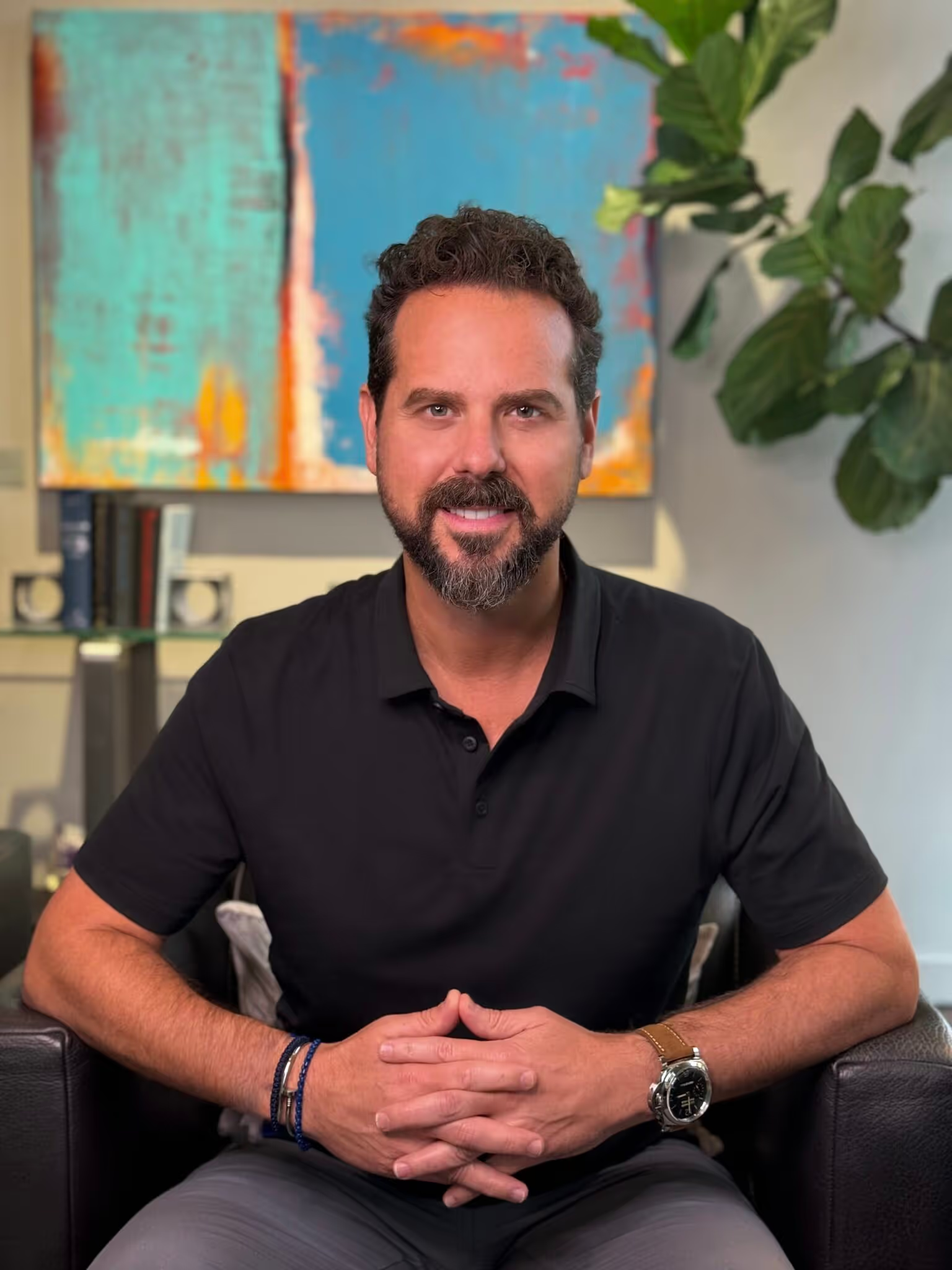
The #1 Reason You Get Frustrated
“I’m just . . . I don’t know. Frustrated.”
I’ve lost count of how many times I’ve heard that expressed by my clients. That word—frustrated—reveals to me that they don’t know the real problem behind their problems.
They’re frustrated because they want to see the circumstance or relationship change for the better but they don’t know how to make that happen.
In The Stories We Tell Ourselves, I included sadness and helplessness in my definition of frustration. There’s a certain resignation to stagnation when someone admits to being frustrated. They don’t know what next steps to take.
More often than not, the real problem behind such frustration (which is usually centered on someone else, i.e. the perceived source of the problem) is the frustrated person sitting in front of me.
They’re frustrated because they can’t control the situation.
They’re frustrated because they can’t control the other person.
They’re frustrated because what they thought would (or should) happen didn’t happen.
Our desire to control others runs deep, even when we don’t think that’s what we’re trying to do. So when other people refuse to play the part that we’ve already assigned to them in the stories we’ve mentally made up, we get … frustrated.
We feel helpless that they won’t cooperate with our desires.
We feel sad that they, apparently, don’t want to rectify the situation.
We feel frustrated that we can’t change what’s happening by ourselves.
Ultimately, we’re frustrated by the fact that we can’t actually control other people. After all, wouldn’t that make our relationships so much easier?
Yet a relationship of that kind wouldn’t be a authentic relationship; it’d be one person controlling the other.

